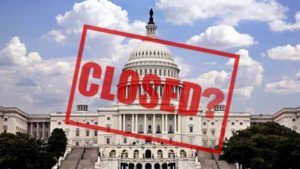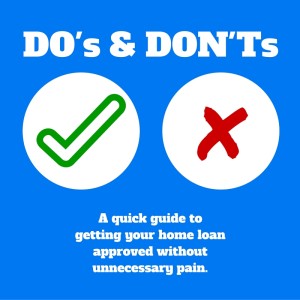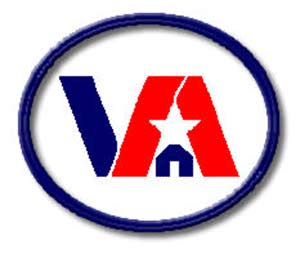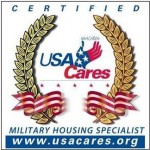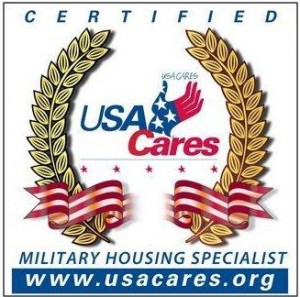 By Dean Henderson, CRMS
By Dean Henderson, CRMS
One of the most common questions I get asked these days is how long does someone need to wait before they qualify for a new mortgage if they have experienced a foreclosure, short sale or loan modification in the past? Currently, mortgage underwriters are treating all of these events the same.
While re-establishing credit and meeting other lending guidelines will be necessary, there are minimum waiting periods for getting new mortgage loans after these significant negative credit events.
Below are the timelines for obtaining new loans for Conventional Conforming Mortgage Loans (Fannie Mae and Freddie Mac), FHA (Federal Housing Administration Insured Loans), USDA-RD (United States Department of Agriculture Rural Development Loans) and VA (Veterans Administration Guaranteed Loan).
These are the most common time frames. There may be some rare exceptions to these timelines. These basic guidelines do not serve as a substitute for a discussion with a mortgage professional about your specific situation.
Conventional Loans (Fannie Mae & Freddie Mac) – 7 Years
The waiting period to buy again after a foreclosure, short sale or loan modification is 7 years. This timeframe may be reduced if the previous short sold property or modified loan was never late and the borrower is putting a large down payment on the new mortgage. How the previous lender has rated the previous mortgage on the credit report can also have and impact on the waiting period.
FHA (Federal Housing Administration Insured Loans) – 3 Years
The waiting period to buy again after a foreclosure, short sale or loan modification is 3 years. How the previous lender has rated the previous mortgage on the credit report can have and impact on the waiting period. FHA does provide some very rare exceptions where the time frame can be reduced which, for example, includes the death of spouse who was the primary wage-earner at the time of the foreclosure, short sale or loan modification.
USDA-RD (United States Department of Agriculture Rural Development Loans) – 3 Years
Like FHA loans the waiting period to buy again after a foreclosure, short sale or loan modification is 3 years. How the previous lender has rated the previous mortgage on the credit report can have and impact on the waiting period.
VA (Veterans Administration Guaranteed Loan) – 2 Years
VA has the shortest waiting period. The waiting period to buy again after a foreclosure, short sale or loan modification is only 2 years. If the previously foreclosed property was a VA loan there may be some issues regarding the reinstatement of the veterans full entitlement benefits. This can be determined when we order a new Certificate of Eligibility from the US Department of Veteran Affairs.
To find out more specific information regarding these guidelines call Dean Henderson at 661-726-9000.
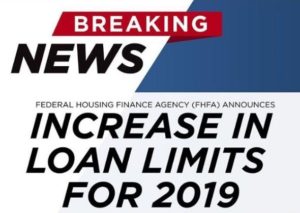 It has happened again! For the third year in a row, the Federal Housing Finance Authority (FHFA) has increased the amount of money that can be borrowed through a standard home loan.
It has happened again! For the third year in a row, the Federal Housing Finance Authority (FHFA) has increased the amount of money that can be borrowed through a standard home loan.

